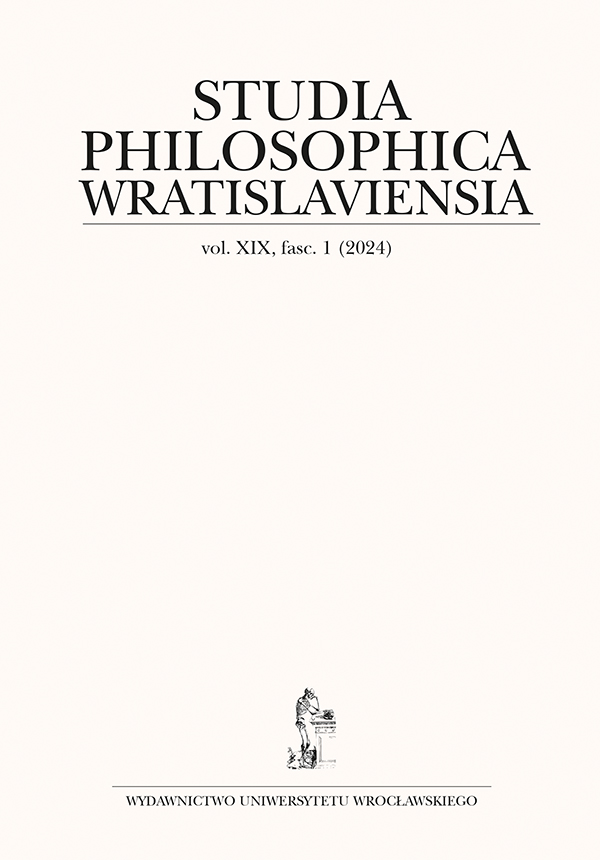

Articles

A person who has reason instead of instinct needs to be informed in order to survive. The relationship of vital knowledge with the soul, the source of life, has been established with emotions. Throughout the history of philosophy up to the 19th century, emotion has been a subject viewed negatively. Despite this, all deep-rooted wisdoms in the world, especially philosophy defined as love of wisdom, have accepted emotions as a criterion or a psychological sign of reaching the truth. In the last century, with the legitimacy of the view that the self-awareness of consciousness is emotional rather than mental, the relationship between knowledge and emotion has been placed on the agenda of philosophy and science. The emotional basis of Islamic wisdom, as in the original forms of Judaism and Christianity, is fear and its more intense derivative, terror. In other words, the emotion of the person who acquires vital information is at the most severe level. In the translation of terms such as taqwa, and rughb, which express these feelings, into Western languages, the etymological closeness between the terms terror and terrorism, the foreignness to Islamic wisdom, and deliberate manipulations have given negative meanings to its authentic and positive basis.
al-Andulusi A.H., Tafsir al-bahri al-muhit, Abd al-Mawjūd, A. Muavvadh (eds.), Beirut 2010, t. 1–9.
Arystoteles, Metafizyka, t. 1, tłum. T. Żeleźnik, M.A. Krąpiec, A. Młynarczyk (oprac.), A. Młynarczyk (red.), Lublin 1996.
al-Asz‘ari A.H. ‘A., Makalat al-Islamijjin ła ihtilaf al-musallin, Beirut-Sajda 1411/1990, t. 1–2.
Bain A., The Emotions and the Will, wyd. 3, New York 1876.
Bray Ch., Christianity: Viewed in the Light of Our Present Knowledge and Moral Sense, London 1876.
Colucci F.P., Common Sense, [w:] Encyclopedia of Critical Psychology, T. Teo (ed.), New York-Heidelberg 2014, s. 267–271.
Darwin Ch., Wyraz uczuć u człowieka i zwierząt, tłum. K. Dobrski, Warszawa 1873.
al-Ghazali A.H., Ihja’ ‘ulum al-din, Beirut 1417/1996, t. 1–5.
Hall M.P., The Wisdom of the Knowing Ones: Gnosticism, the Key to Esoteric Christianity, Los Angeles 2000.
al-Hazin A.D. ‘A. b. M., Tafsir al-Hazin: Lubab al-ta’wil fi ma‘ani al-ta’wil, A.M. ‘Ali Szahin (ed.), Beirut 1425/2004, t. 1–4.
Hodgson M., The Venture of Islam, Chicago-London 1977, t. 1–3.
Hood R.W., Hill P.C., Spilka B., The Psychology of Religion: An Empirical Approach, wyd. 4, New York-London 2009.
Ibn Abi Hatim M. b. I. R., Tafsir al-Qur’an al-Azim musnadan ‘an rasulilla ła al-sahabe ła al-tabi‘in, Rijad 1417/1997, t. 1–10.
Ibn al-‘Arabi A.B.M., Kitab al-‘awasim min al-qawasim, ‘A. Talibi (ed.), Kair 1394/1974.
Ibn Tajmijja, Tafsir al-Kabir, A. Umeyre (ed.), Beirut 1408/1988, t. 1–7.
Jonas H., Religia gnozy, tłum. M. Klimowicz, Kraków 1994.
Lake K., The earlier epistles of St. Paul: Their Motive and Origin, London 1911.
Newman J.H., O rozwoju doktryny chrześcijańskiej, tłum. J.W. Zielińska, Warszawa 1957.
Peters F.E., Greek Philosophical Terms: A Historical Lexicon, New York-London 1967.
Platon, Fedon, tłum. W. Witwicki, [w:] Platon, Dialogi, Warszawa 1993.
Platon, Menon, tłum. W. Witwicki, [w:] Platon, Dialogi, Warszawa 1993.
Plutarch, Moralia. Wybór pism filozoficzno-moralnych, tłum. Z. Abramowiczówna, Wrocław 1954.
al-Qattan M., Tarih taszri’ al-Islami: al-Taszri‘ ła al-fikh, Rijad 1417/1996.
Roberts E.J., Plato’s View of the Soul, „Mind: New Series” 14 (1905), s. 371–389.
Robertson J.M., Pagan Christ: Studies in Comparative Hierology, wyd. 2, London 1911.
Rödl S., Self-Consciousness, Cambridge-London 2007.
Schacht J., The Origins of Muhammadan Jurisprudence, Oxford 1979.
Spencer R., The Truth About Mohammad: Founder of the World’s Most Intolerant Religion, Washington 2006.
al-Szahrastani A.F.M., Al-Milal wa al-nihal, A.F. Muhammed (ed.), Beirut 1413/1992, t. 1–3.
Thiel U., The Early Modern Subject: Self-Consciousness and Identity from Descartes to Hume, Oxford-New York 2011.
Titchener E.B., An Outline of Psychology, London-New York 1907.
Wundt W., Outlines of Psychology, tłum. C.H. Judd, wyd. 2, Leipzig-London-New York 1902.
al-Zamachszari Dż.A.K., al-Keszszaf ‘an haka’ik ghawamid al-tanzil wa ‘ujun al-akawil fi wudżu al-ta’wii, A.A. Abdulmełdżud, A.M. Muałłez (ed.), Rijad 1418/1998, t. 1–6.